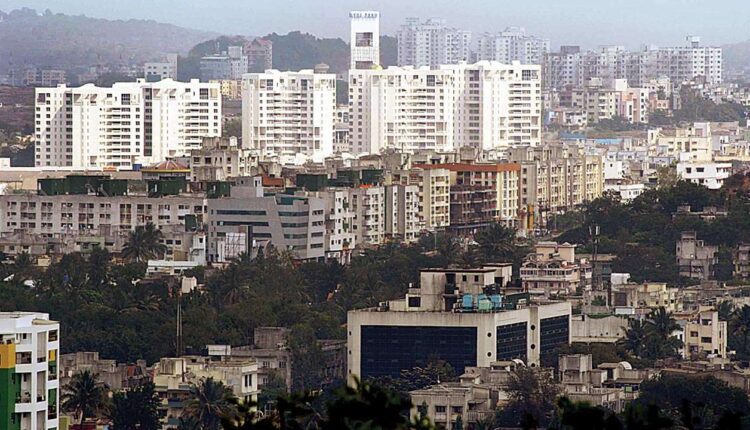A section of students planning to appear for the civil services examination held by the Maharashtra Public Service Commission (MPSC) has returned to the streets in Pune, to protest the implementation of a new examination pattern. The MPSC aspirants have started a sit-in protest at Pune’s Alka Chowk, which is in proximity to Sadashiv Seth, a hub of civil services coaching classes where students from across the state stay and study.
The students are demanding that the new ‘subjective pattern’ – on the lines of the Union Public Service Commission format – be implemented from 2025 instead of 2023, alleging that it puts students who have been preparing for the exams using the old pattern at a disadvantage.
Apart from Pune, similar sit-in protests have been reported from Aurangabad, Nashik, and Nagpur. The agitation is being supported by the Indian National Congress.
“It has been five years since I started preparing for the exams with the old pattern. Now they have suddenly announced a change of pattern. It will badly affect those of us who are preparing using the old pattern. Hence, we are demanding that they continue to hold the next few exams using the old pattern and implement the new pattern from 2025,” said a protesting student.
These major changes in the MPSC-Main examinations are to be effected this year.
The protesting students argued that they have spent time and energy over the last few years preparing for exams with a certain pattern in mind, and adding the new format will adversely affect their chances of getting selected. Besides, for the first few years, the new pattern will give a clear advantage to those preparing for the UPSC, they said.
Similar protests were held by a group of students on December 19 as 200 students gathered in front of Ahilyadevi Sikshan Santha on Shastri Road despite initially not being allowed to do so by the local police.
As per the changes in the exam pattern, the MPSC-Main exam will now be more descriptive in nature, having a total of nine papers, instead of six. The exam will be for a total of 1,750 marks, instead of 800. According to the new pattern, marks obtained in two language papers of 300 marks each will no longer be included in the merit score. A candidate will have to score 25 per cent marks in each of these papers to qualify for the merit score. There will be seven compulsory papers — one for essay writing, four for general studies and two papers on any topic selected by the candidate from the list of 26 optional subjects. All these papers will be descriptive in nature and will carry 250 marks each. Marks obtained here will be considered for the merit score.


